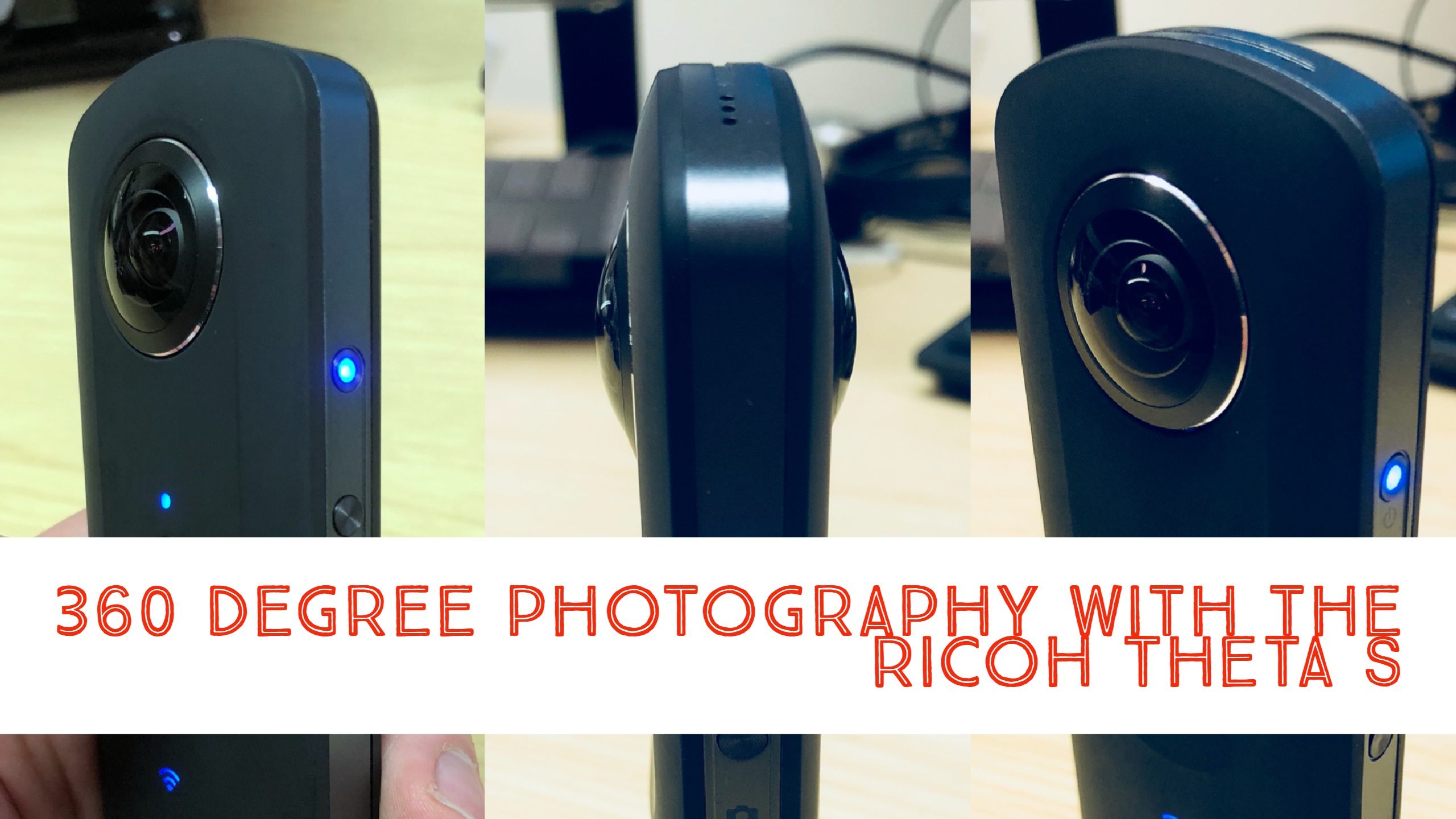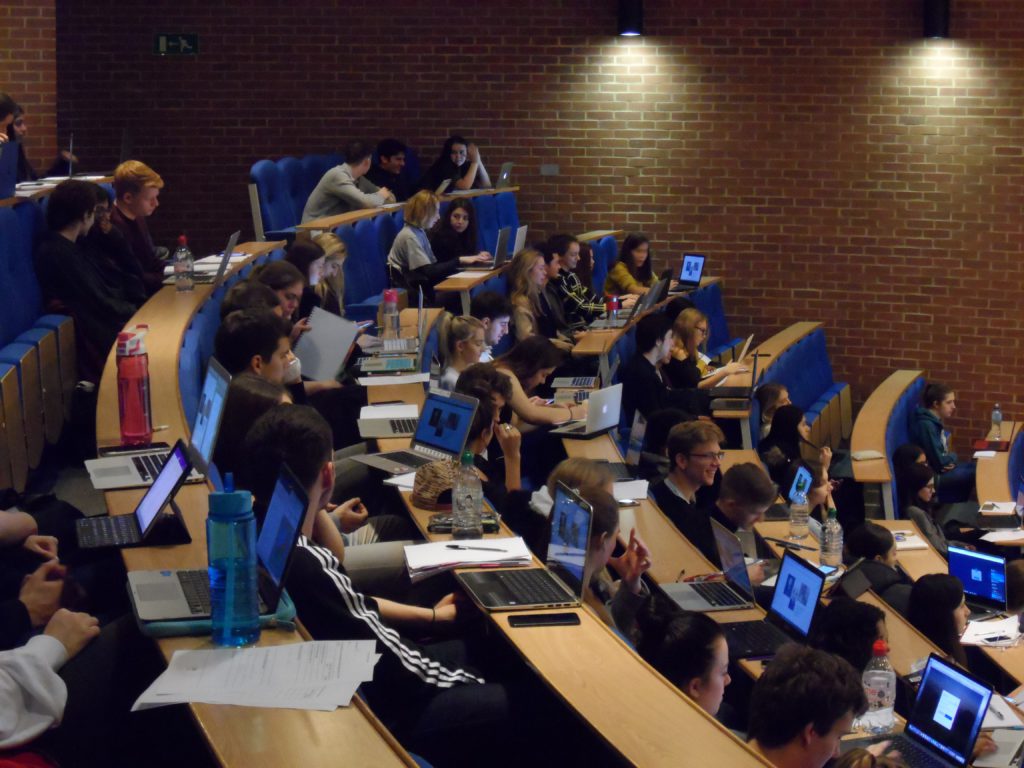
Ricoh Theta S
What is 360° photography?
For most internet users, our first experience of 360° images has been on Facebook or YouTube. The idea of being able to move your phone and ‘look’ around a photo as if you are standing there is a great way of creating an immersive experience, especially when combined with virtual reality headsets such as Google Cardboard.
360° photography has become much more popular over the last few years. This is because it is easier than ever to create a 360° image. Apps like Google Street View, and many more within the respective app stores allow you to quickly take an image with just your normal phone camera (these are sometimes referred to as photo spheres). The stitching of these images is done by the software and has improved immeasurably over the last few years.
For those wanting to take it further and take better quality images, there are a range of devices, at a range of prices. They also come in a range of configurations. Some have one lens pointing up, others like the GoPro are a rig with many lenses (GoPro cameras) pointing out. Images are then stitched using software.
The camera we use is a Ricoh Theta S, it has two fish-eye lens positioned either side of the body to give a full 360° image. It is a well reviewed camera, that is pocketable, relatively cheap and easy to use and the images look great straight out of the box. This post looks at the use and functionality of the Theta and how we’re looking to make the most out of it for use in education. Read more ›








